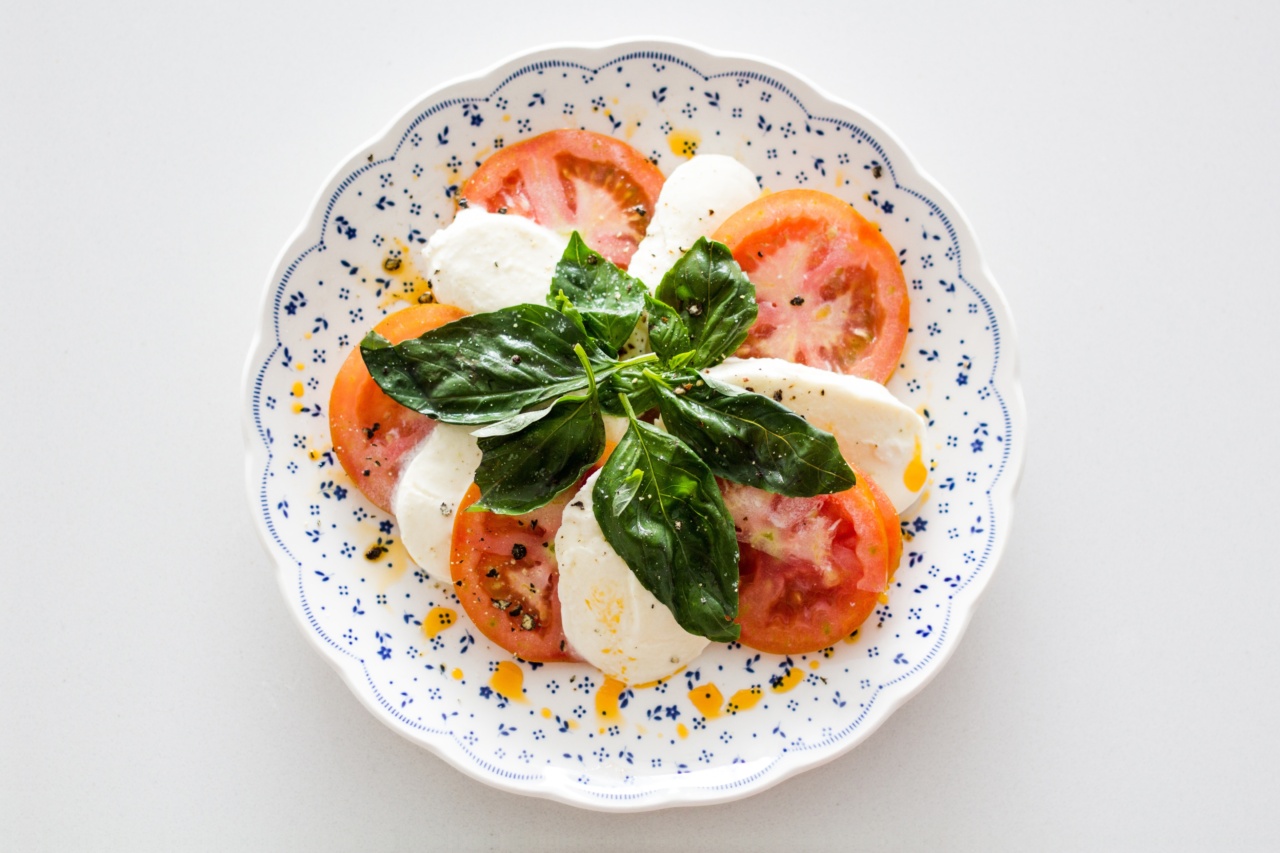Pregnancy is a crucial period in a woman’s life, and expectant mothers need to pay attention to their diet to ensure the well-being of their fetus.
One of the most popular dietary options for pregnant women is a vegetarian diet, which excludes meat, poultry, and fish. However, the question is whether a vegetarian diet is safe and nutritious during pregnancy.
Benefits of a Vegetarian Diet During Pregnancy
A vegetarian diet can provide numerous health benefits to pregnant women and their fetuses. Here are some advantages of a vegetarian diet during pregnancy:.
Lower Risk of Gestational Diabetes
Gestational diabetes is a type of diabetes that occurs during pregnancy. A vegetarian diet is an excellent way to reduce the risk of gestational diabetes as plant-based foods have a lower glycemic index than animal-based foods.
Decreased Risk of Hypertension
High blood pressure during pregnancy can increase the risk of complications for both the mother and the fetus. Vegetarian diets are low in sodium, which can prevent or lower high blood pressure, increasing the safety of pregnancy.
Reduced Risk of Preterm Birth
Preterm birth can affect the health of the baby. A vegetarian diet has been shown to reduce the risk of preterm birth as it is rich in essential nutrients that promote healthy pregnancy and fetal development.
Improved Digestion
Pregnancy hormonal imbalances can result in constipation or indigestion. Vegetarian foods that are high in fiber can help with digestion and relieve discomfort.
Nutritional Challenges of a Vegetarian Diet During Pregnancy
Despite the numerous benefits of a vegetarian diet, there are some nutritional challenges it poses for pregnant women and their fetuses. Here are some of them:.
Protein Deficiency
Protein is vital in fetal development, especially during the second and third trimesters. A vegetarian diet can sometimes result in a protein deficiency.
Pregnant vegetarians must include protein-rich plant-based foods such as legumes, tofu, and soy products in their diet.
Vitamin B12 Deficiency
Vitamin B12 is essential in the formation of red blood cells and neurological functions. A vegetarian diet lacks Vitamin B12, found only in animal-based foods.
Pregnant vegetarians must take Vitamin B12 supplements or eat fortified foods like plant-based milk.
Iron Deficiency
The body requires more iron during pregnancy for the formation of red blood cells. Vegetarians who don’t include iron-rich foods in their diet may suffer from iron deficiency anemia, causing complications to their pregnancy.
Pregnant vegetarians should consume iron-rich foods such as spinach, beans, and lentils.
Conclusion
A vegetarian diet during pregnancy can be a safe and nutritious option for expectant mothers and their fetuses. It offers several benefits that include a lower risk of gestational diabetes, hypertension, and preterm birth, among others.
However, pregnant vegetarians face some nutritional challenges, including protein, vitamin B12, and iron deficiency. Pregnant women must seek medical advice to ensure a balanced and healthy vegetarian diet during pregnancy.




























